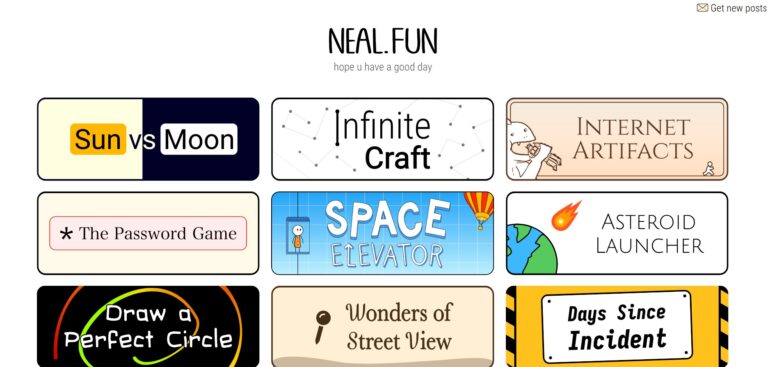Online gaming is a way to link millions of gaming enthusiasts with an accuracy and faith-based system. Protection is instantly available for every action, message, and transaction.
These environments provide valuable lessons on cybersecurity as they bring together quick interaction with sensitive information. The systems in use between the players are constantly changing as the players compete or trade online.
What to Know About Security from Online Gaming?
Where Transactionalism Dominates Games?

One of the branches of the gaming industry that requires sophisticated protection is the gambling industry. Player accounts contain payment information, contact information, and personal information.
All transactions have to be private and checked in secured channels. Due to the complexity of such exchanges, companies have developed solutions to ensure protection of financial activity as well as participation in the game.
One approach that has proven effective is Inclave. It is an identity management system that ensures the security of gambling businesses. Inclave isolates login sessions, payment processing, and in-game activity by isolating sensitive behavior in a secure environment.
This takes place with lower exposure and guarantees that personal information cannot be accessed. With this infrastructure, player-to-player and player-to-operator interactions are more reliable and can be traced.
Technology is as good as clarity. A review by Cardplayer describes several Inclave online casinos, comparing their deposit and withdrawal options and bonus packages.
This transparency instills confidence in players who want to know how and where their information is being used. In the case of online gaming, awareness is a layer of protection that operates alongside encryption and secure identity systems.
When Virtual Battles Teach Real Defence?
Anti-cheat is one of the newest security technologies in the gaming world. These systems monitor and react to any software that changes the behavior of a game.
Their structure is close to that of an antivirus program. They also check manipulation, code injection terrain, and attempts to tamper in real time.
Findings from the University of Birmingham demonstrate that partial prevention can be very effective. The temptation to cheat is increased exponentially when developers have enabled detection. This principle has a direct application to the network, which favors complexity to prevent failure.
Some anti-cheat platforms detect bad drivers much earlier than standard cybersecurity platforms. They act as early warning systems, detecting behaviors that could later manifest in mainstream security reports.
These are more immediate response systems that design lessons outside of the game. Each time there is an update, there is a way for defenders to learn how to predict some aspect of the attacker’s behavior.
Security teams for games operate on fast cycles, and their agility is the driving force behind the model that is now prevalent in other industries.
Some of the things learned from gaming are being used to advance security for servers, clouds, and corporate networks.
When Cheating Becomes the Mirror of Threat Behavior?
Cheat developers create tools to insert code, hide files, and override protection layers. They are hard workers and precise, which requires defenders to innovate fast.
This dynamic enables cybersecurity researchers to practically observe the real-time attack and defense interaction.
Analysts researching the functionality of anti-cheat systems conclude that the field of cybersecurity is the fastest evolving field.
When game systems block suspicious kernels or drivers, it is because they are anticipating real-world exploit vulnerabilities. Such knowledge has implications for how experts intend to fight ransomware and data theft.
Gaming is a creativity testing ground and a place where productivity is constantly challenged. Information from these battles is used to make improvements in access control, monitoring devices, and authentication of a system.
Developers take these techniques and integrate them into new applications to enable more powerful models for detecting and preventing attacks.
When Play Is Promoting Digital Integrity?

The movement of information between players, platforms, and systems is an adaptation cycle. Inclave is used to provide transaction and identity security, anti-cheat programs are used to ensure a fair game, and analysis tools help us observe trends to detect new attacks.
All systems are under constant pressure of intrusion or persuasion. This pressure creates resilience and spurs innovation. Developers learn how to guide users towards accurate and fast responses whilst being transparent.
These techniques are extended to more general cybersecurity domains, impacting financial data protection tools, communication security tools, and enterprise networks.
Defense in practice is borne out by gaming in the virtual world. The same pattern protection that can guarantee a virtual match might provide some guidance on how to protect real-world systems.







